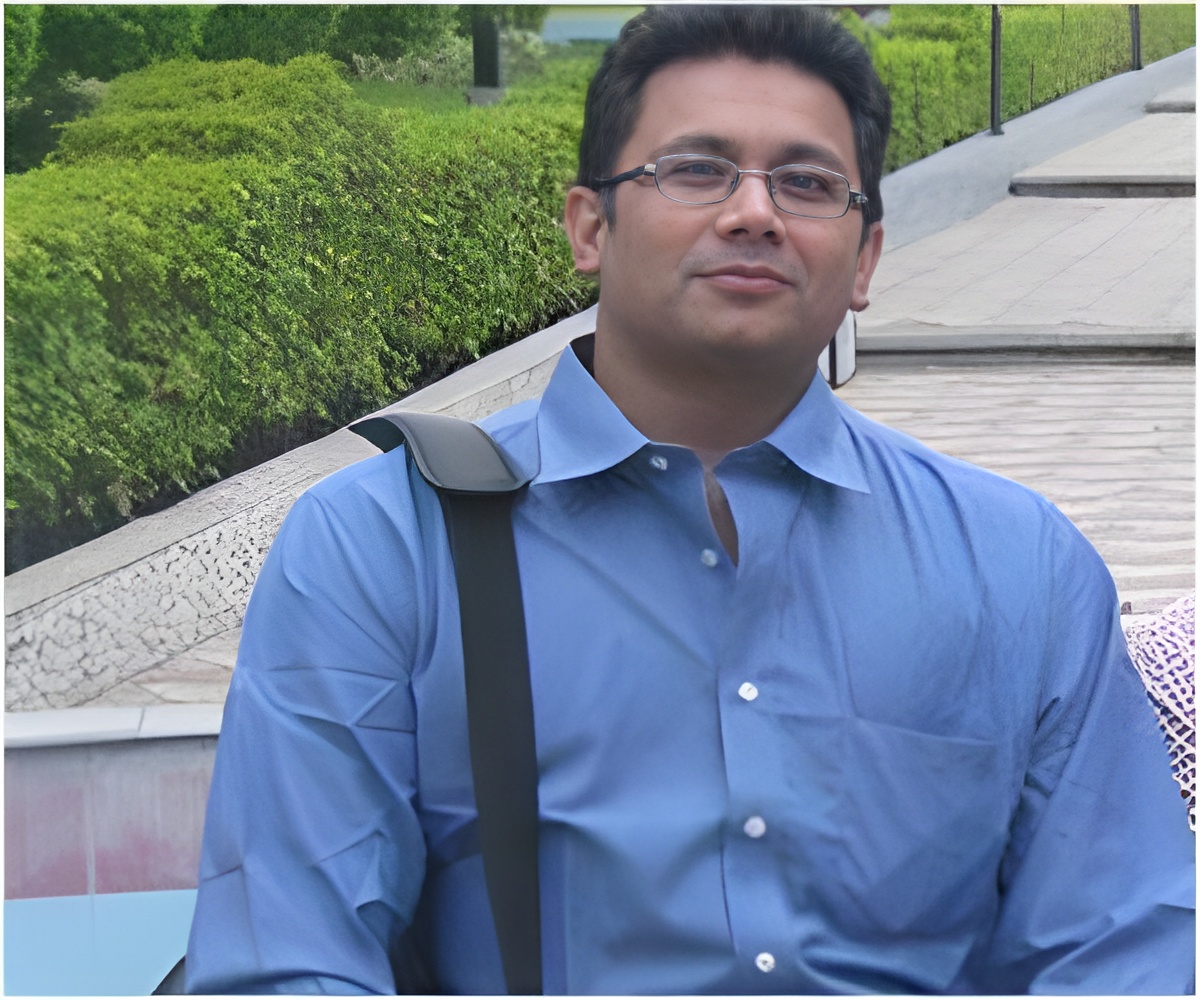Cancer is curable if diagnosed early. Read Dr. Arvind Krishnamurthy's interview on the subject of oncology.

Q. What drew you to specialize in Surgical Oncology?
A. Even as a post graduate medical student in Madras Medical College I was fascinated by the subject and considered it a challenge to perform surgeries for cancer, which affected virtually every organ of the body. I consider Dr. Krishnamoorthi, Founder of the Cancer Institute and Dr. Shantha Chairman of Cancer Institute as my role models in this field.
My stint at the Tata Memorial Center, Mumbai—a Gurukul of sorts for cancer treatment and training, was a learning experience of the highest kind for me in the Oncology Super Specialty. It is the largest center for cancer treatment in Asia and it delivers the highest quality care. In training you get to work with professionals who are thorough with the tenets of Oncology.
I have specialized in head and neck, lungs and esophageal cancers and these account for around 40% of the hospital load in the Cancer Institute.
Over 800,000 people are diagnosed with new cancers each year in India and the cancer burden is increasing, the point prevalence at any point of time being around 2.5 million
Management of cancer cannot be seen in isolation. We need to adopt preventive measures like opting for a healthy lifestyle and being aware of the different cancers. For example, nearly half of the male cancers and a quarter of the female cancers are tobacco related. A recent nationwide study on tobacco and mortality in India estimated that it caused 5% of all deaths in women and 20% of all deaths in men aged 30-69 years, totaling to 1 million deaths per year in India. With over 300 million tobacco consumers and the numbers on the rise, the cause specific mortality is sadly expected to double by the year 2020.
The data extracted from the population and hospital based cancer registries for Chennai from the National Cancer Registry Program (NCRP) showed stomach cancer in the number one position in males in 1982-83. This has now been replaced by lung cancer in more recent years—a surrogate indicator of the rising trends in tobacco consumption, another indicator being the increase in the number of lung cancer surgeries. Shockingly the incidence of lung cancers among women is increasing at a rate of 4.6% annually, though the overall incidence of lung cancer in females is less.
Among women breast cancer has replaced cervix cancer as the number one cancer during the same period, another indicator of lifestyle influencing cancer trends.
Q. In your experience what are the challenges peculiar to India in cancer diagnosis and treatment?
It is a sad fact that about 50-70% of the cancers present late in India, in Stages III and IV when cure is not possible and only palliative care can be provided. (In some instances these patients can go into a drug trial that may offer them a better chance.) Perhaps this is one reason why people in India generally consider cancer diagnosis as a death warrant. Cancer is potentially curable if diagnosed and treated in the early stages.
Sometimes it is the patient’s complacency that takes the cancer to an advanced stage before a doctor is consulted. Sometimes a bad clinician would be an adverse prognostic factor in cancer outcomes. True to the saying, “The eye does not see what the mind does not know,” there have been cases where the family physician’s lack of cancer awareness led to a bungled initial diagnosis and the referral to an oncologist happened only after the patient had reached an advanced stage of the disease. Simply put, if the first doctor who sees the patient refers him to a specialist or an oncologist, the patient’s survival chances would logically be much higher.
In the Indian scenario an oncologist has to wear many hats—clinician, psychologist, counselor and above all an exemplary human being with whom the patient and the family can easily relate because most often media hype has projected cancer as a killer through movies and tele-serials and people usually look and feel devastated when they first reach a cancer specialist.
Also, I believe cancer should be treated in an institution or hospital that specializes in cancer care and not in nursing homes that lack comprehensive facilities as it often happens in India. The etiology of cancer is multi factorial and treatment generally involves a team comprising of surgeons, medical oncologists, radiation oncologists, and other allied specialists.
Moreover, the ratio of cancer patients to cancer specialists available is highly skewed in India. The situation would be redeemed if more institutions of cancer care are established and also if more doctors opted to specialize in cancer.
Q. It is a general observation that Palliative Care is not fully evolved in India and there is a complaint that doctors in India don’t attach much importance to Palliative Care. Do you give referrals to Palliative centers?
A. I believe palliative care is part of an oncologist’s job. It’s true that Palliative Medicine in India is not as advanced as in the West where care is extended to patients in well-established hospices. In India, people are more socially bonded, given our close knit family system and I have observed that many families feel, sending a patient to a hospice is tantamount to abandoning the person. If we could evolve a system where palliation as a subspecialty can reach the patient’s home, it would be ideal for the Indian set up.
Q. Can you recall for our readers’ interest, some very satisfying moments in your line of work?
Operating on cancers of the head and neck is challenging as it alters the form and function of speech, swallowing and breathing. Sometimes throat cancer treatment necessitates removal of the patient’s voice box that means the person cannot speak after the surgery. We use the Tracheo-esophageal Voice Rehabilitation as one of the means whereby the person is fitted with a mechanism that enables voice communication. It is gratifying to see our patients return to show us how they effectively manage to speak with the device even after their voice box is gone.
Q. Do you find time in between your busy schedule to raise cancer awareness in India and sensitizing people on cancer incidence and prevention, especially of tobacco related cancers?
I’m involved in the super specialty training of future Surgical Oncologists i.e. MCh Surgical Oncology at the Muthulakshmi Reddy College of Oncological Sciences attached to the Cancer Institute.
Tobacco advocacy being an important cause of preventable morbidity and mortality pertaining to various diseases including cancer, I actively pitch in to further the cause. I have given several talks to Higher Secondary school and college students on cancer awareness and I’m frequently invited to talk at Tobacco Control Awareness Meets to influence different sections of people to modify their lifestyle and prevent cancer. There is a lot more to be done and more people need to be educated about cancer and its prevention.
I’m a member of several Surgical and Oncology organizations and have published my work in many national and international journals. I constantly keep abreast of ongoing research in the field and share the information wherever possible.
Cancer is sadly not a notifiable disease right now, but if it were to be included as a notifiable disease, perhaps it would promote public awareness on cancer and help in cancer prevention, diagnosis and management.
Dr. Arvind Krishnamurthy will answer readers’ cancer-related queries in the Medindia Expert column. Medindia wishes Dr. Arvind Krishnamurthy all success in his campaign for awareness, prevention and control of cancer in India.
Source-Medindia














